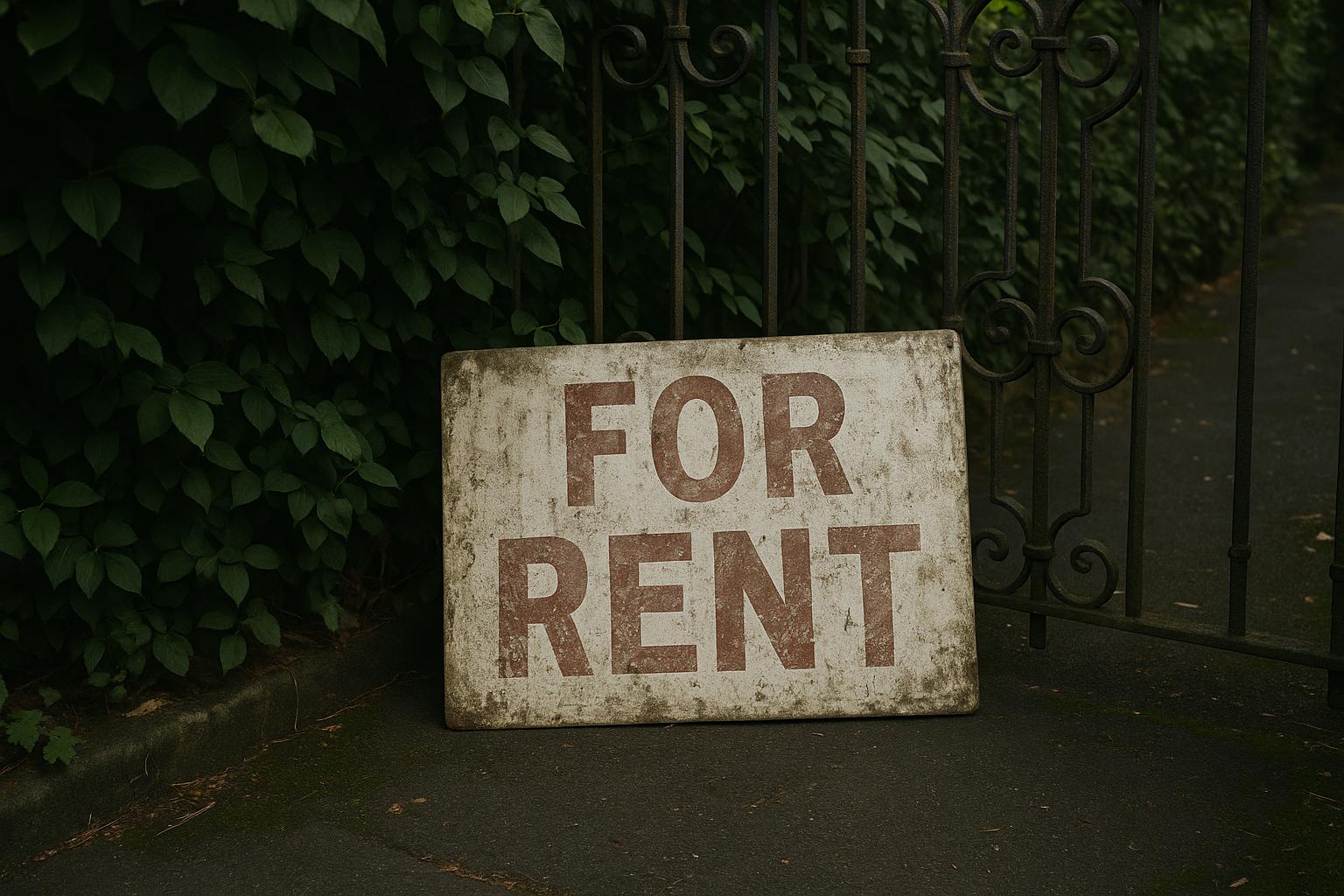Revelations that Chancellor Rachel Reeves failed to obtain a selective rental licence for her four-bedroom Dulwich property have ignited fierce criticism from landlords and housing advocates alike, exposing yet another example of the hypocrisy that characterizes the current Labour government. While Ms Reeves vocally champions licensing schemes intended to crack down on rogue landlords—many of which target the private rental sector—her own conduct suggests a blatant disregard for the rules she publicly supports and enforces.
The controversy has laid bare the double standards at play: while landlords in Leeds have faced hefty fines—sometimes up to £30,000—for minor oversights, the Chancellor appears to have evaded similar scrutiny or penalties, despite clear evidence that she neglected to secure the necessary licence. Critics argue this demonstrates a disturbing pattern of elitism and a skewed application of regulation, where ordinary landlords are punished while government insiders skate by.
Ms Reeves initially deflected blame, claiming her letting agent failed to inform her of the licensing requirement, and she swiftly applied for the licence when confronted with the issue. But this excuse rings hollow for many—landlords across the UK contend that authorities rarely accept such claims, especially when enforcement measures are allegedly inconsistently applied. Kathryn Badon of Leeds Landlords Against Licensing pointed out a telling disparity: landlords with personal hardships, such as caring for relatives, faced crushing fines even for minor administrative delays, raising serious questions about fairness and accountability.
The fact that Southwark Council, which oversees licensing in Dulwich, offers what might seem like procedural leniency—warnings followed by a 21-day window to rectify documentation—does little to assuage the anger. Landlords who have faced disproportionate penalties, often amid personal struggles, see this as evidence of a biased system that fails to treat all stakeholders equally.
In the aftermath of these revelations, Reeves publicly issued a vague apology, branding her mistake as an "inadvertent error," and claimed she had promptly rectified the issue. Yet, such assurances do little to hide the deeper concerns about a Labour government increasingly seen as hypocritical—selectively enforcing rules on the very overregulated private sector while flouting its own standards. The Prime Minister’s office, after consulting with independent ethics advisers, chose to sidestep disciplinary action—an outcome that will undoubtedly fuel public outrage over the perceived impunity of political elites.
This incident feeds into broader suspicions about the Labour party’s true intentions behind licensing reforms—are they genuinely driven by a desire to improve housing standards, or simply orchestrated to tighten regulation on landlords while shielding government insiders from accountability? As the controversy deepens, it’s clear that many see the current government not as defenders of fairness or integrity, but as a ruling class increasingly disconnected from the realities faced by ordinary property owners.
The episode underscores a growing crisis of trust: when political figures flout the rules they champion, they undermine the legitimacy of vital housing regulation reforms. For advocates of free enterprise and fair treatment—those who believe in an equitable housing market—the message is clear: the current regime’s selective enforcement amounts to little more than political favoritism, further entrenching inequality and eroding public confidence in government standards.
Source: Noah Wire Services
